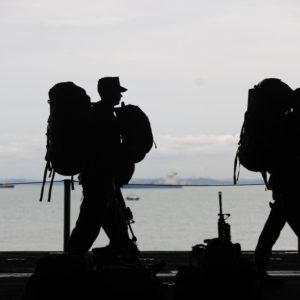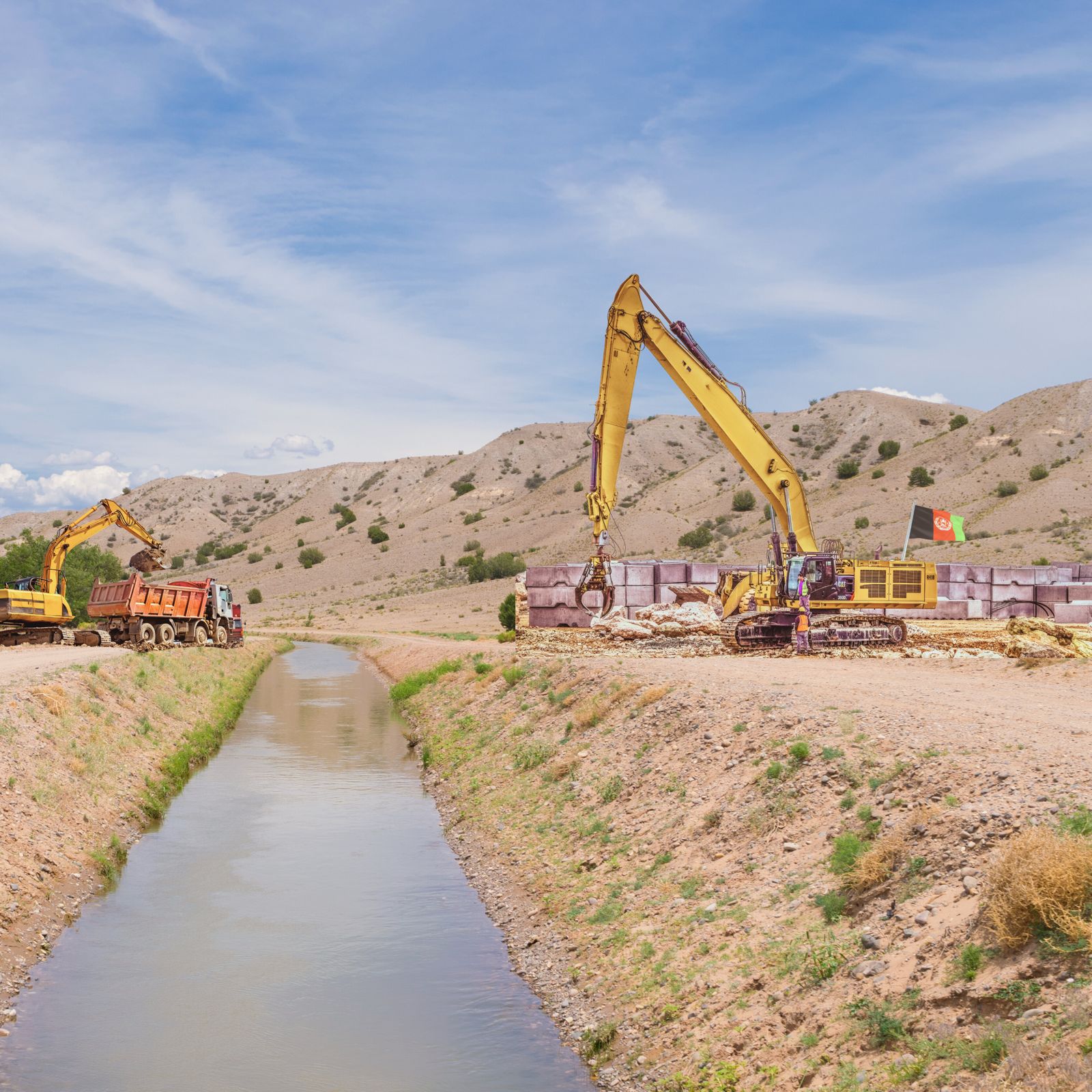-

Letter from the Editor
Editor-in-Chief Adam Terragnoli shares his vision for the upcoming 2019-20 academic year at the Cornell Policy Review.
-
Religion or Politics?: An Analysis of Sectarian Relations Between Iran and Saudi Arabia
Examining the history of relations between Iran and Saudi Arabia shows two Muslim-majority nations divided by religious beliefs, committed to nationalism and aggressive policies. This religious division stems from the two major sects of Islam, Shia-ism and Sunnism, to which the majority of Iran and Saudi Arabia respectively adhere.
-

Fog of War: Examining the Authorization for Use of Military Force
With only one vote in opposition, the United States Congress passed the Authorization for Use of Military Force in 2001 to wage war against those responsible for the terrorist attacks of 9/11. In this era of endless conflict, how have the traditional war powers of Congress slowly shifted to the Presidency?
Latest




